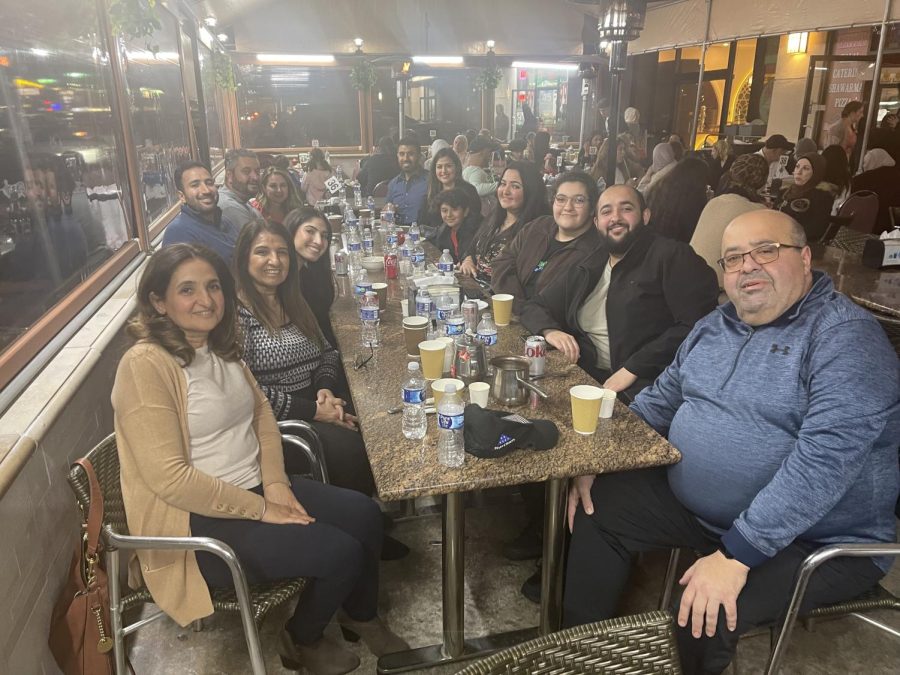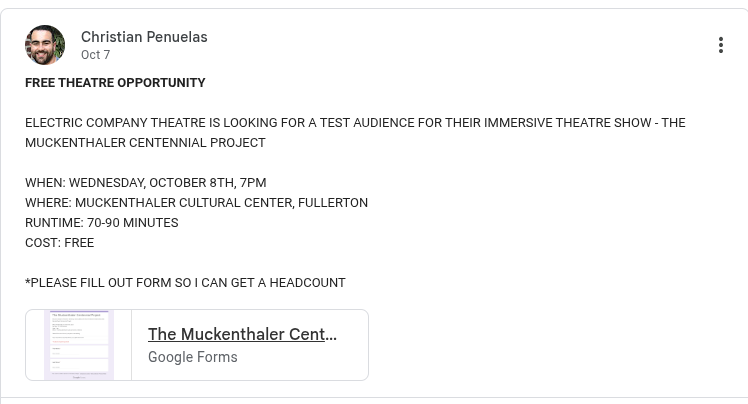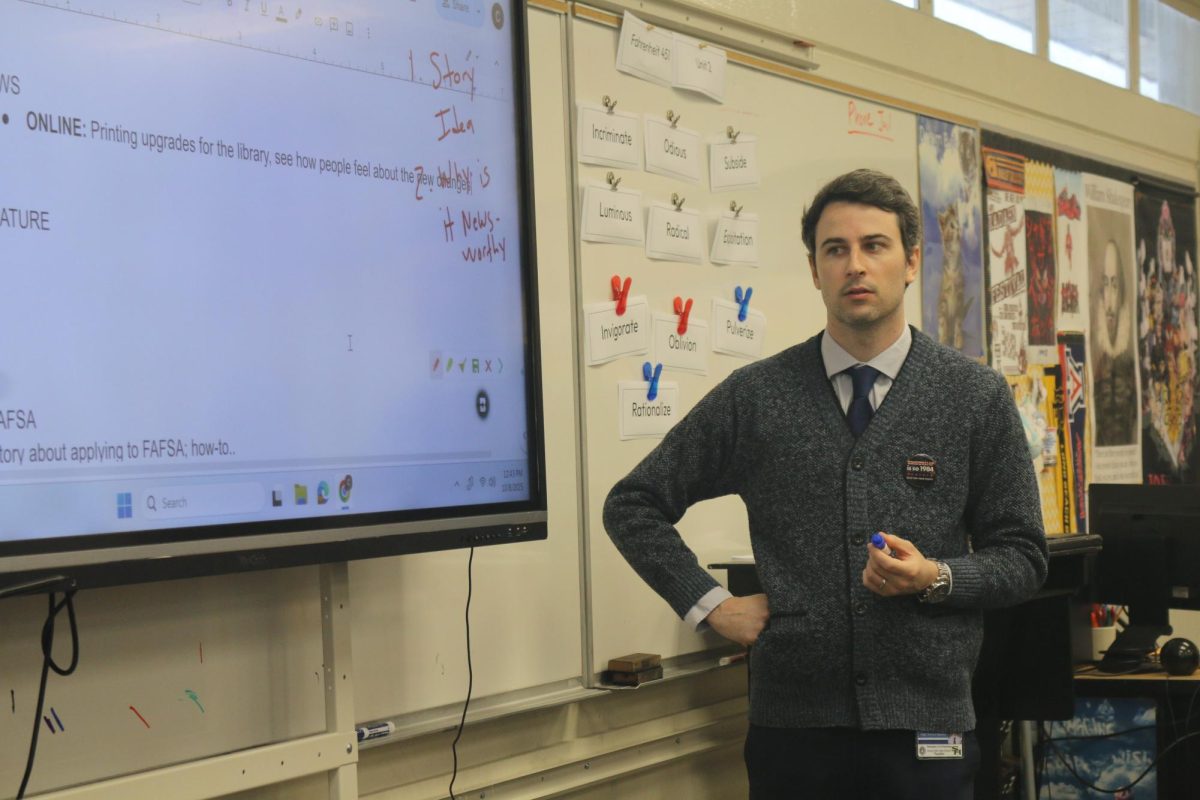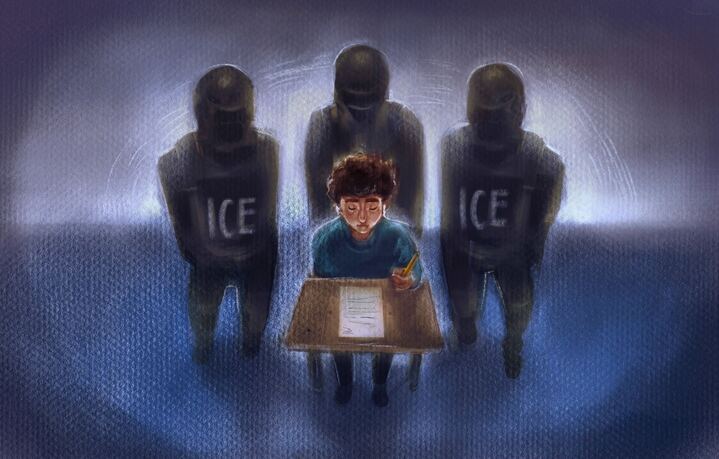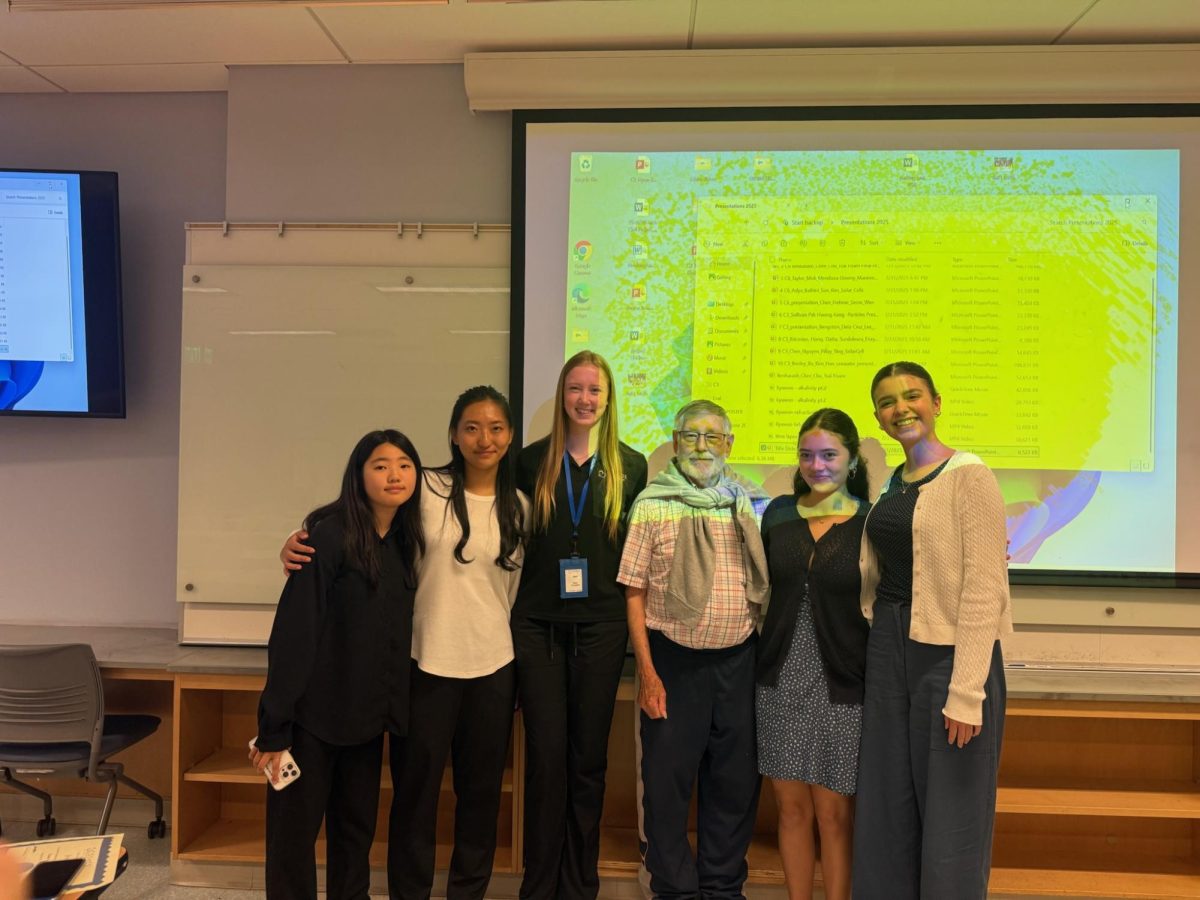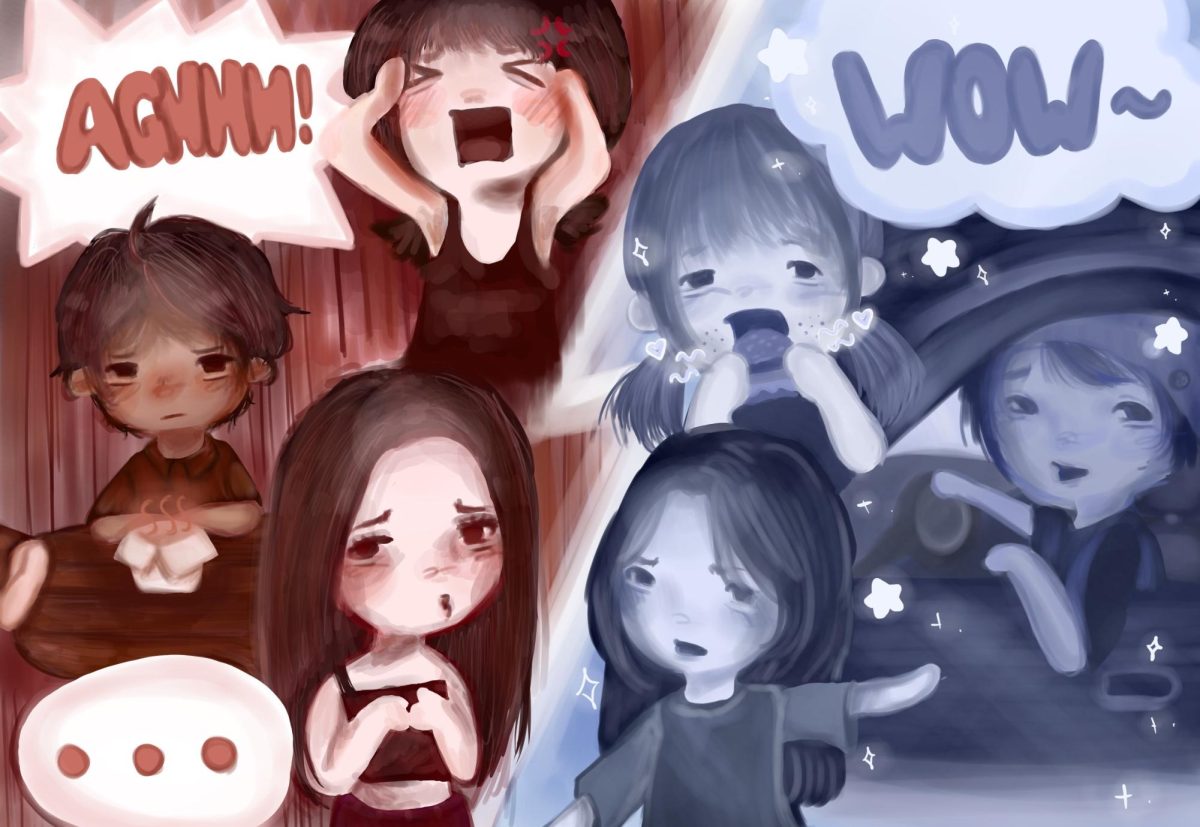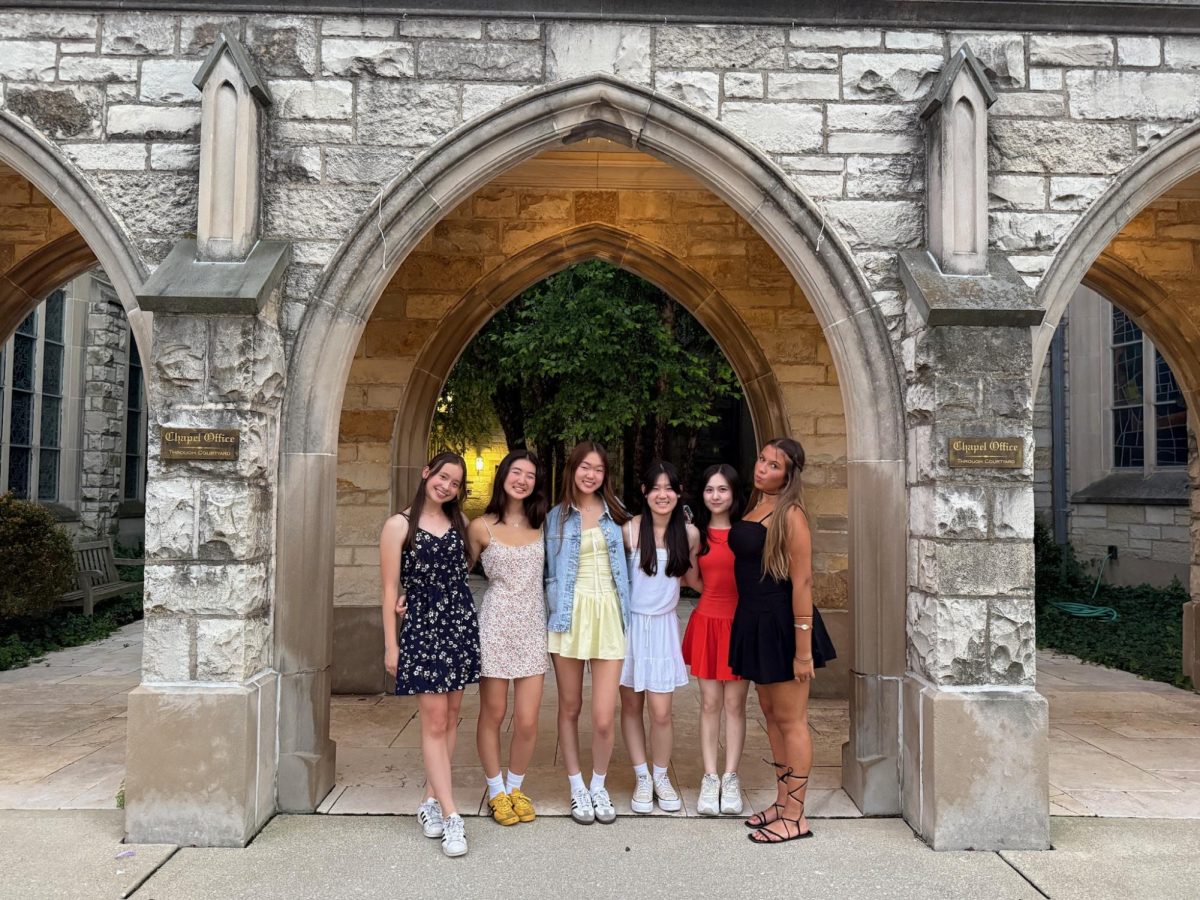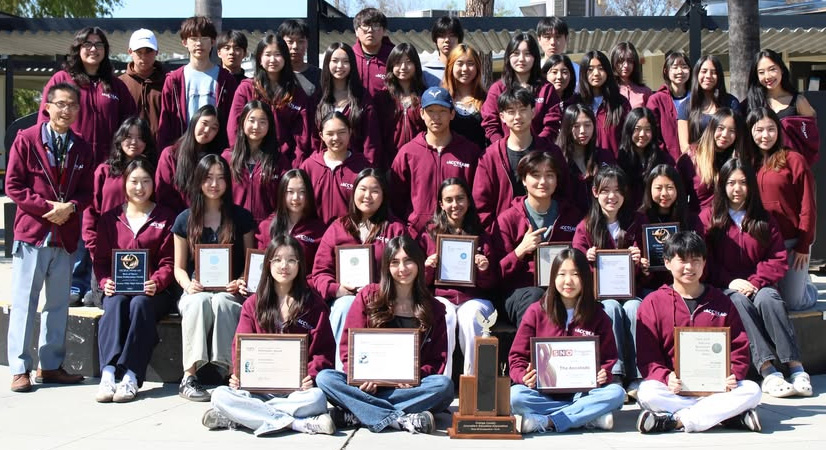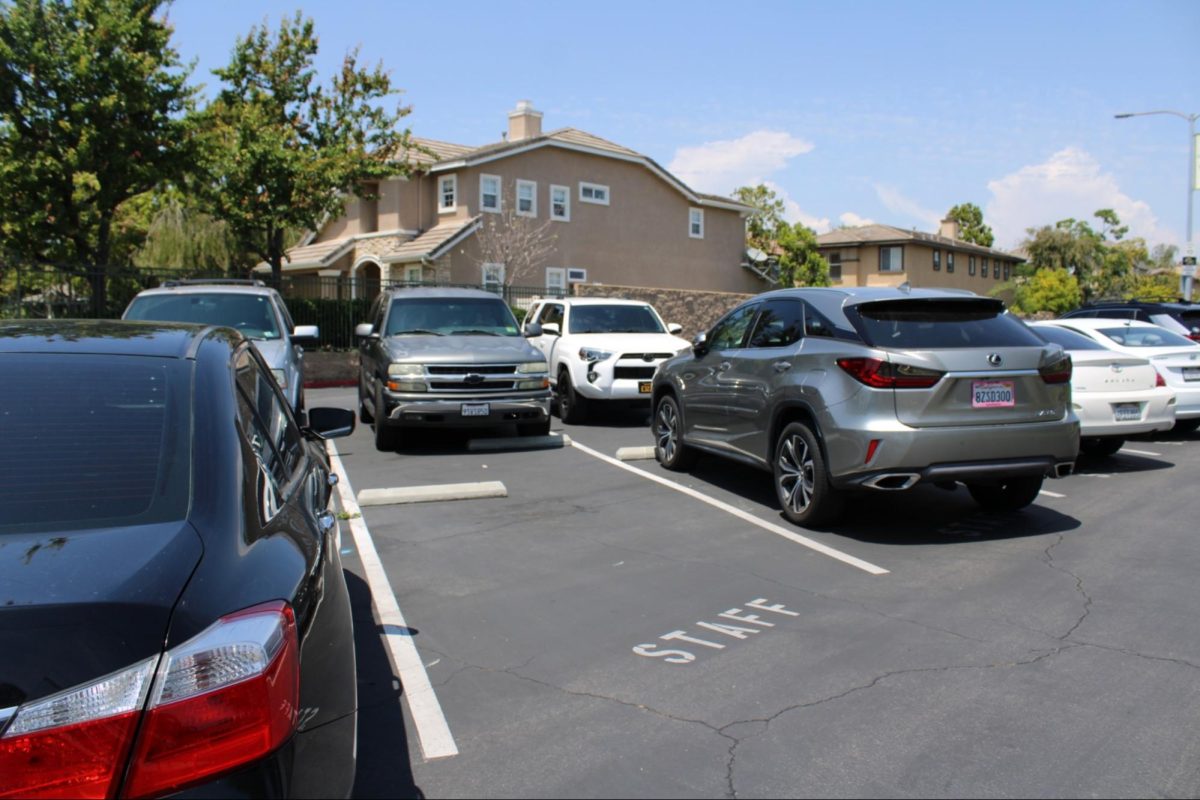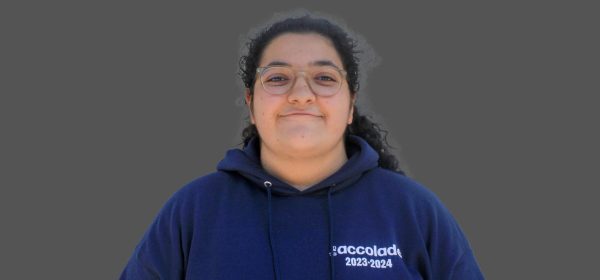Whenever Ramadan, a holy month in Islam when Muslims fast, comes around, I usually hear these questions from my peers at school.
“So you don’t eat or drink anything for 30 days?”
“How are you still alive?”
Exactly, I wouldn’t be alive. Which is why fasting doesn’t work like that. Questions like these are shared experiences in the Muslim community.
It may seem like I’m out to get everyone who isn’t educated on the topic, but I’m not. People who make these comments clearly do not intend to understand Ramadan and, rather, poke fun at it.
If they weren’t familiar with it and wanted to learn what Ramadan is, they would ask, “What is that, can you explain it to me?”
To which I would say, “Of course,” and then explain how Ramadan is a holy month in Islam when observers pray, reflect and fast, when we don’t consume anything from sunrise to sunset.
This year, Ramadan lasted from March 23-April 20, with Eid al-Fitr, the celebration of the end of Ramadan and a major Islamic holiday, held on April 21.
People always treat fasting for Ramadan as equivalent to a death sentence. Sure, it’s not easy for someone who has never done it before, but it definitely isn’t the big deal that some folks make it out to be.
Everyone always focuses on the absurdity of not eating or drinking for 12 hours, often not caring to find out why Muslims do it in the first place.
We fast for two main reasons: to exercise self-restraint and to possess a deeper empathy for those less fortunate.
Instead of indulging in the pleasures of life, like food, we choose to restrain ourselves. By doing that, our relationship with God grows stronger.
Self-restraint strengthens our faith, but I have always felt a stronger will to fast because of empathy. Growing up, I was confused about why we fasted. My mom said it causes us to understand poverty and appreciate our privileges. This has always resonated with me and other Muslims.
I was 8 years old when I started fasting, but most people start fasting during puberty and stop at old age. However, I felt left out and decided to fast for half days when I was younger.
Ramadan has taught me patience and is an integral part of my religion, so it frustrates me when people overlook its meaning and resort to baseless comments.
I’m not expecting others to be experts, but if I know what the Christian holidays — Good Friday and Ash Wednesday — are, then they should at least be willing to learn about Ramadan.
I’ll admit, sometimes people have simply never been exposed to Islam and are uneducated on the topic.
But if people truly wanted to learn about Ramadan, they could ask or look it up. My gripe is with people who refuse to learn and instead make insensitive comments.
Yes, it may seem crazy. Yes, it may seem extreme. Yes, it may seem impossible. But just remember, people would be doubled over laughing if I asked an absurd question like, “So the presents just show up under the Christmas tree?”



